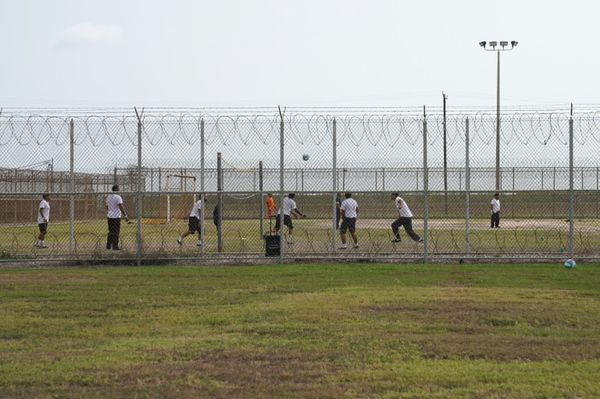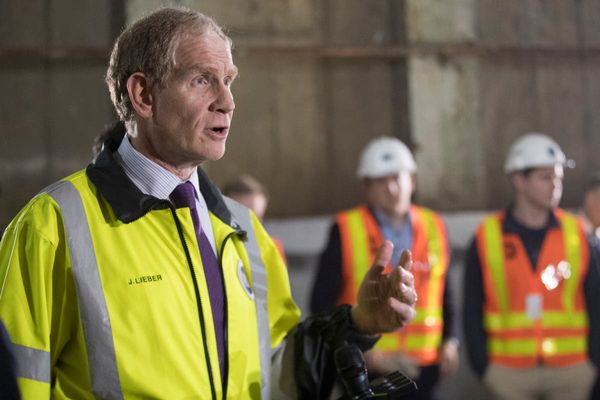
Voters in Arizona will decide on a constitutional amendment to require that direct partisan primaries be conducted in a way that allows political parties to nominate a candidate or candidates (in multi-seat districts) for the general election. The amendment wouldn’t change the current process but could preempt top-four primaries, as seen in Alaska, or other types of primary elections in which every candidate, regardless of party affiliation, runs in the same primary. It would also say that a legislature-enacted direct primary election law supersedes any other law or ordinance. Voters will decide on the amendment at the November general election in 2024.

According to Rep. Austin Smith (R), who sponsored the bill, the amendment is part of a legislative proposal to preempt ranked-choice voting.
Smith said, “[The amendment] will now be placed on the ballot in 2024 for the voters of Arizona to decide to amend Arizona’s Constitution even more and make it clearer that we prohibit ranked-choice voting in this state. This is a huge accomplishment for conservatives and for Republicans … as long as I’m in this legislature, and as long as Republicans are here, we are going to continue to protect Arizona’s primary election system.”
The Arizona State Senate passed the amendment, House Concurrent Resolution 2033 (HCR2033), by 16-13 on March 28, 2023. All 16 Republicans voted to pass the amendment, while 13 Democrats voted against it. Previously, the Arizona House of Representatives passed the amendment on March 1 by 31-28, with all 31 Republicans voting for it and 28 Democrats voting against it.
The Arizona House of Representatives also passed House Bill 2552 (HB2552), which, if passed by the Senate and signed by the governor, would prohibit ranked-choice voting under state law.
Heritage Action, a conservative policy advocacy group, supported the passage of the amendment and bill.
“The ranked-choice voting scheme upends the democratic process and fundamentally changes the way elections operate, leaving voters confused, disenfranchised, and left with unpopular candidates who do not properly represent them,” a spokesperson for the Heritage Action said in a statement. “These bills would maintain election integrity by outlawing ranked-choice voting, ensuring direct elections, and affirming that the most popular candidates are declared the winners.”

“It makes no sense that we’d be moving towards such a complicated voting system at a time when confidence in our system is already, understandably, at a low,” said Sen. Justine Wadsack, R-Tucson. “It’s already incomprehensibly and routinely taking some states, including Arizona, weeks to count votes and determine our winners.”
Ranked-choice voting may appear on the ballot as an initiative proposed by the nonprofit group Save Democracy Arizona. The nonprofit is working with a group called Voter Choice Arizona to potentially circulate a petition that would enact ranked-choice voting in Arizona.
Save Democracy Arizona said, “A partisan election system that creates barriers to participation and treats certain voters and candidates differently – particularly independents or those who choose not to affiliate with a party is surely not a system that works for every Arizonan. Arizona’s current partisan primary provides taxpayer funds to private political party activities and excludes registered unaffiliated candidates from participating in the primary election.”
Currently, Alaska and Maine are the only states that have implemented ranked-choice voting for federal and/or state-level elections. Eleven states contain jurisdictions that have implemented ranked-choice voting at the local level. Most recently, Nevada voters approved an amendment that would implement ranked-choice voting; however, voters in Nevada need to approve the measure again in 2024 before the constitutional amendment can be ratified.
Produced in association with Ballotpedia







